Belarus-Linked DSLRoot Proxy Network Deploys Hardware in U.S. Residences, Including Military Homes
NetmanageIT OpenCTI - opencti.netmanageit.com

SUMMARY :
DSLRoot, a residential proxy provider, operates a network of hardware devices deployed in U.S. homes across at least 20 states. The network is managed by a Belarusian national with ties to both Minsk and Moscow. Unlike typical proxy services, DSLRoot uses dedicated hardware in American residences, creating persistent access to U.S. home networks. The company's custom software enables remote management of consumer modems and Android devices, allowing for IP address rotation and connectivity control. The network operates without authentication, permitting anonymous traffic routing through U.S. residential IPs. The operator also runs related services, including virtual credit card issuance and company formation, targeting both English and Russian-speaking markets. The discovery raises concerns about foreign-controlled infrastructure in sensitive locations, including military homes.
OPENCTI LABELS :
residential proxy,anonymous routing,u.s. infrastructure,virtual credit cards
AI COMMENTARY :
1. Setting the Scene: DSLRoot has emerged as an unconventional residential proxy provider by deploying hardware devices inside homes across at least twenty U.S. states. This network, managed by a Belarusian national with documented ties to both Minsk and Moscow, distinguishes itself from traditional proxy services through its use of physical devices rather than cloud-based infrastructure. By embedding modems and Android devices in American residences, the operator gains persistent access to genuine U.S. home networks. This approach raises immediate questions about the integrity of domestic infrastructure and the potential for unnoticed foreign presence within private and sensitive locations.
2. The Technology behind DSLRoot: At the core of the DSLRoot service lies custom software capable of remotely controlling consumer modems and Android handsets. The system allows for dynamic IP address rotation, enabling customers to route traffic through different residential endpoints at will. Absence of authentication safeguards means any user can anonymously send data through these U.S. IP addresses. The operator’s toolkit supports seamless connectivity control, ensuring that proxy clients experience minimal downtime while the underlying network remains concealed from casual detection.
3. Scope and Scale of the U.S. Infrastructure Footprint: Analysis reveals that DSLRoot’s hardware installations are not limited to civilian homes but extend into military residences as well. By acquiring devices with legitimate ISP credentials, the operator maintains a sprawling grid of nodes dispersed coast to coast. This infiltration of U.S. infrastructure complicates efforts to monitor or intercept malicious traffic. The risk is compounded by the fact that endpoint locations are trusted residential networks, making them less likely to trigger security alarms at firewalls or intrusion detection systems.
4. Associated Services and Market Reach: In addition to the residential proxy network, the same Belarusian operator offers related services including virtual credit card issuance and company formation assistance. These offerings cater to both English-speaking and Russian-speaking markets, broadening the appeal of the platform. Virtual credit cards can facilitate covert financial transactions while new shell companies provide legal cover for illicit business operations. Together, these services form an ecosystem that supports both technological anonymity and financial opacity.
5. Threat Implications and Recommendations: The deployment of foreign-controlled hardware within U.S. homes underscores a critical threat to national security and privacy. Adversaries may leverage these residential nodes for intelligence collection, clandestine communications, or launching cyberattacks under the radar of conventional security tools. To mitigate this risk, organizations and individuals should conduct regular network scans for unauthorized devices, implement strict modem and router access controls, and collaborate with ISPs to flag unusual hardware activations. A coordinated effort between government agencies, service providers, and private homeowners is essential to detect and dismantle such covert proxy networks before they can inflict greater harm.
OPEN NETMANAGEIT OPENCTI REPORT LINK!
Use public read only username and password on login page.
NOTE : Use Public READ only user credentials on login page banner.
Belarus-Linked DSLRoot Proxy Network Deploys Hardware in U.S. Residences, Including Military Homes


